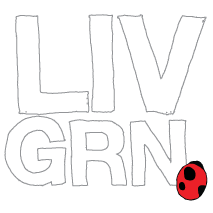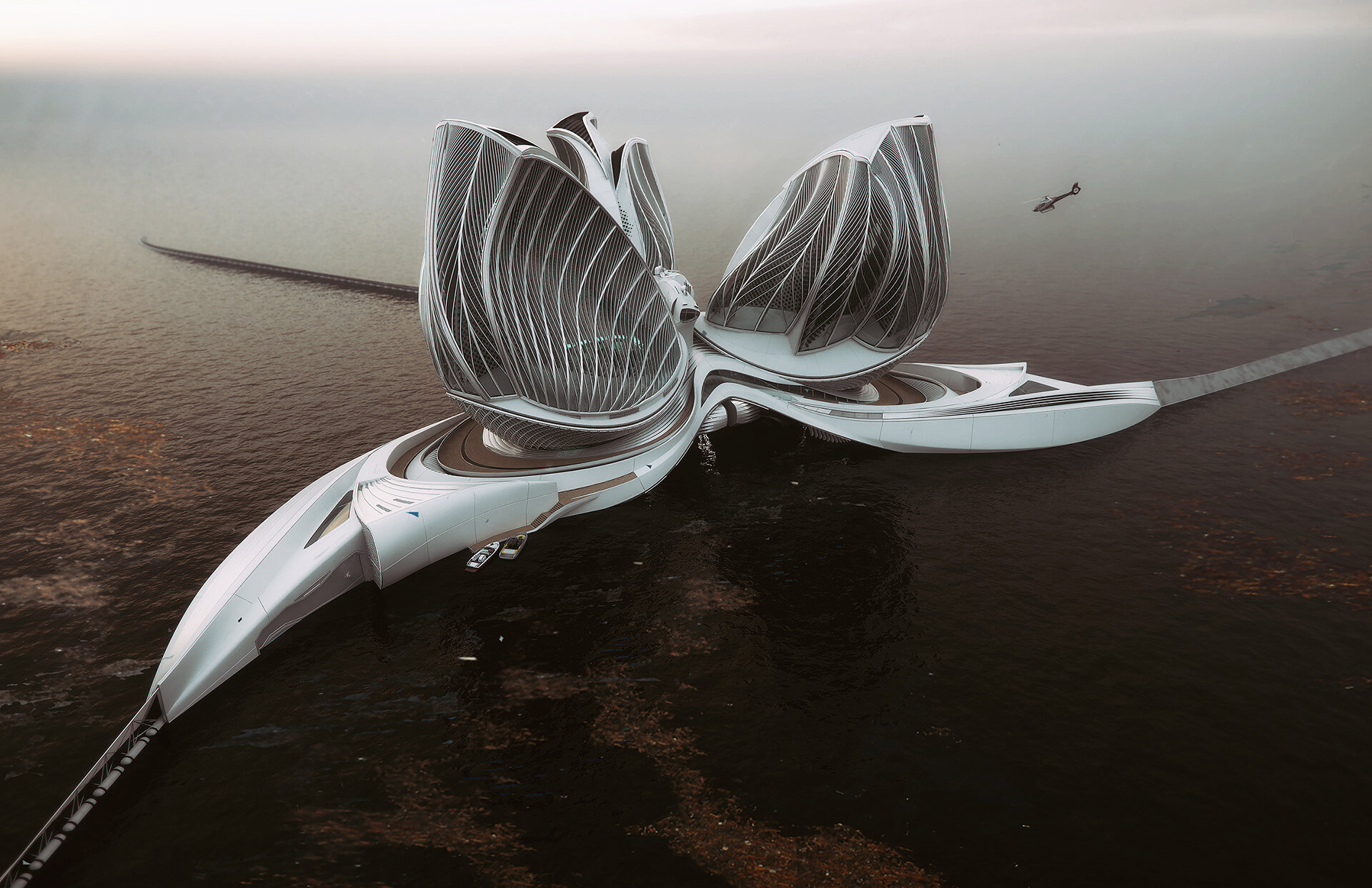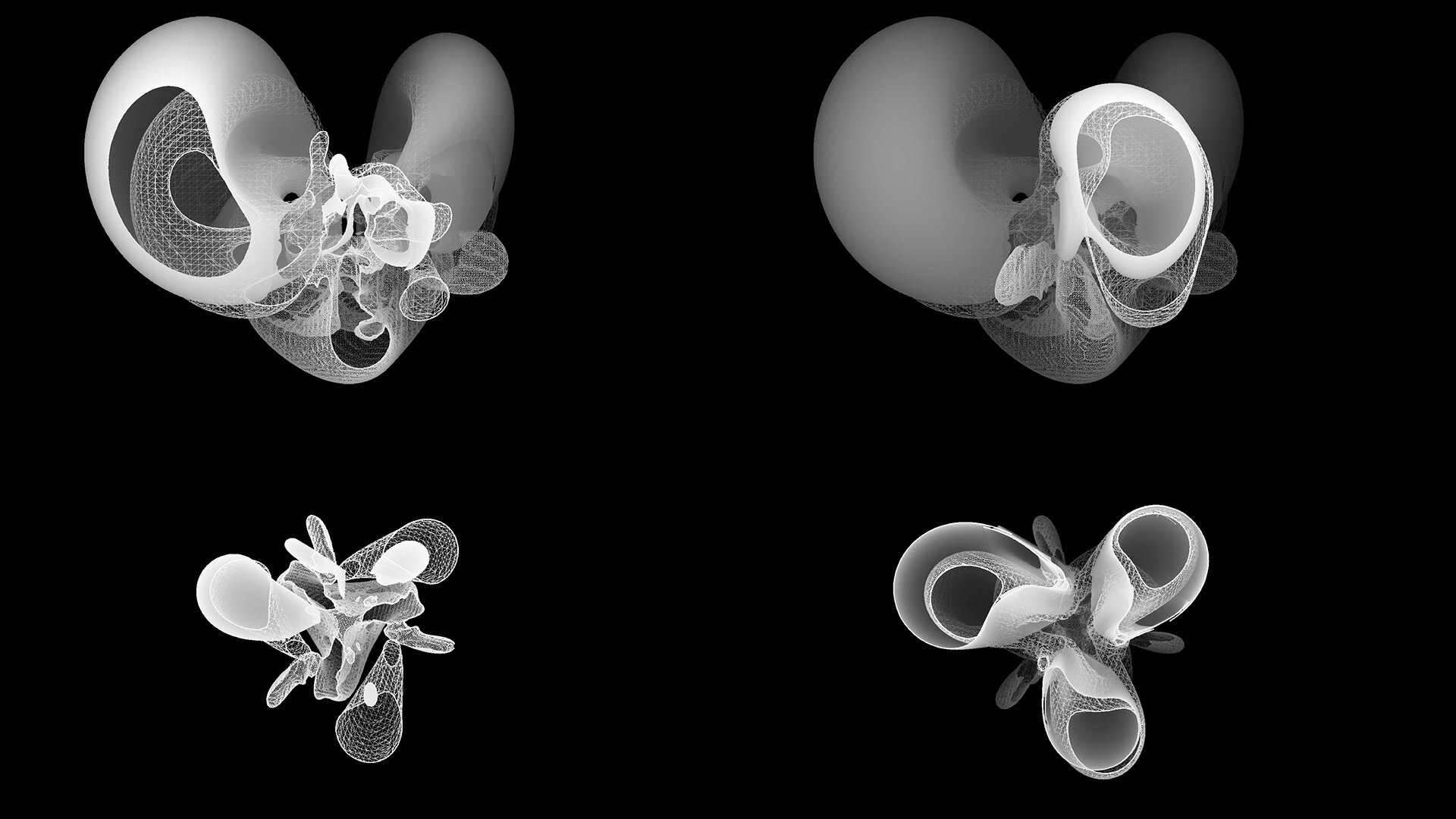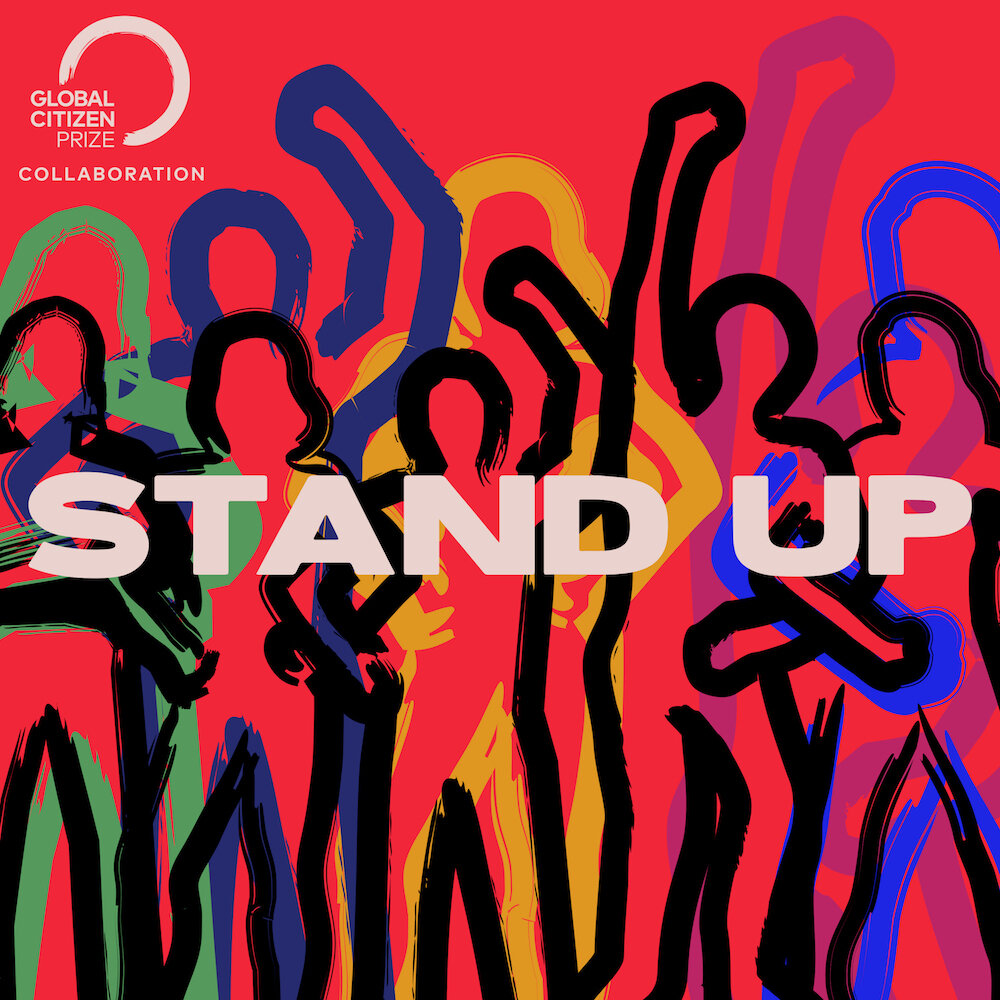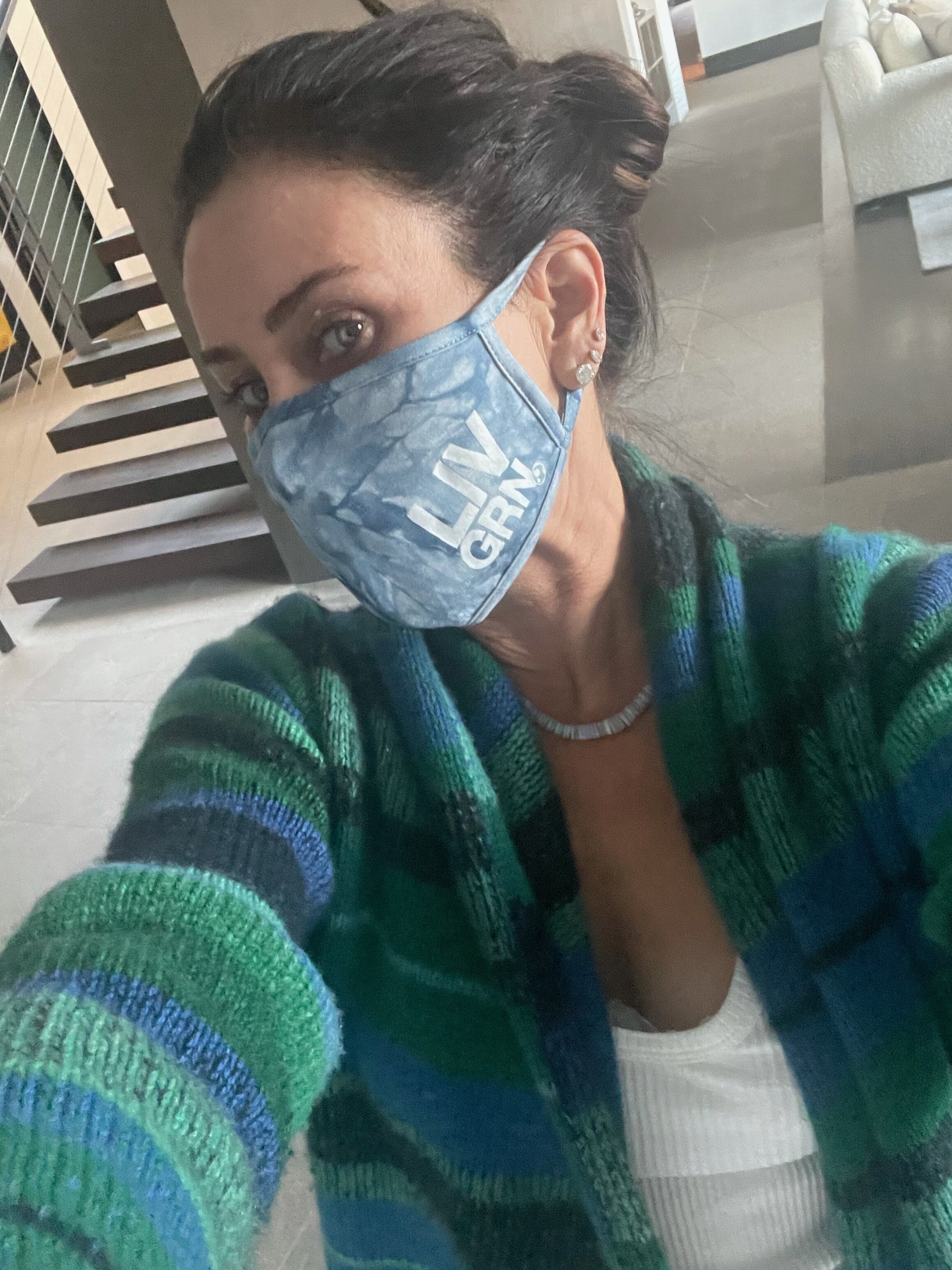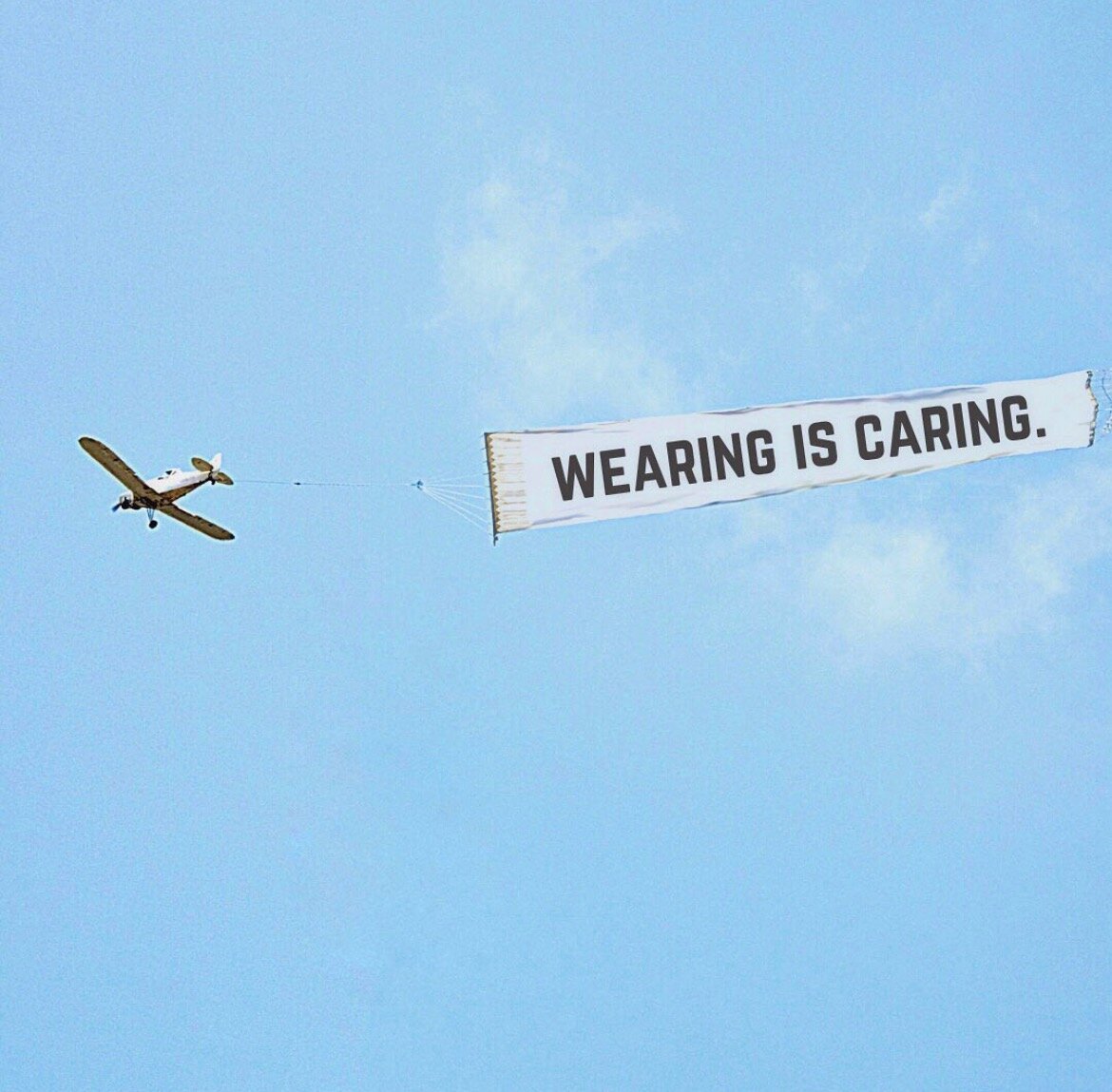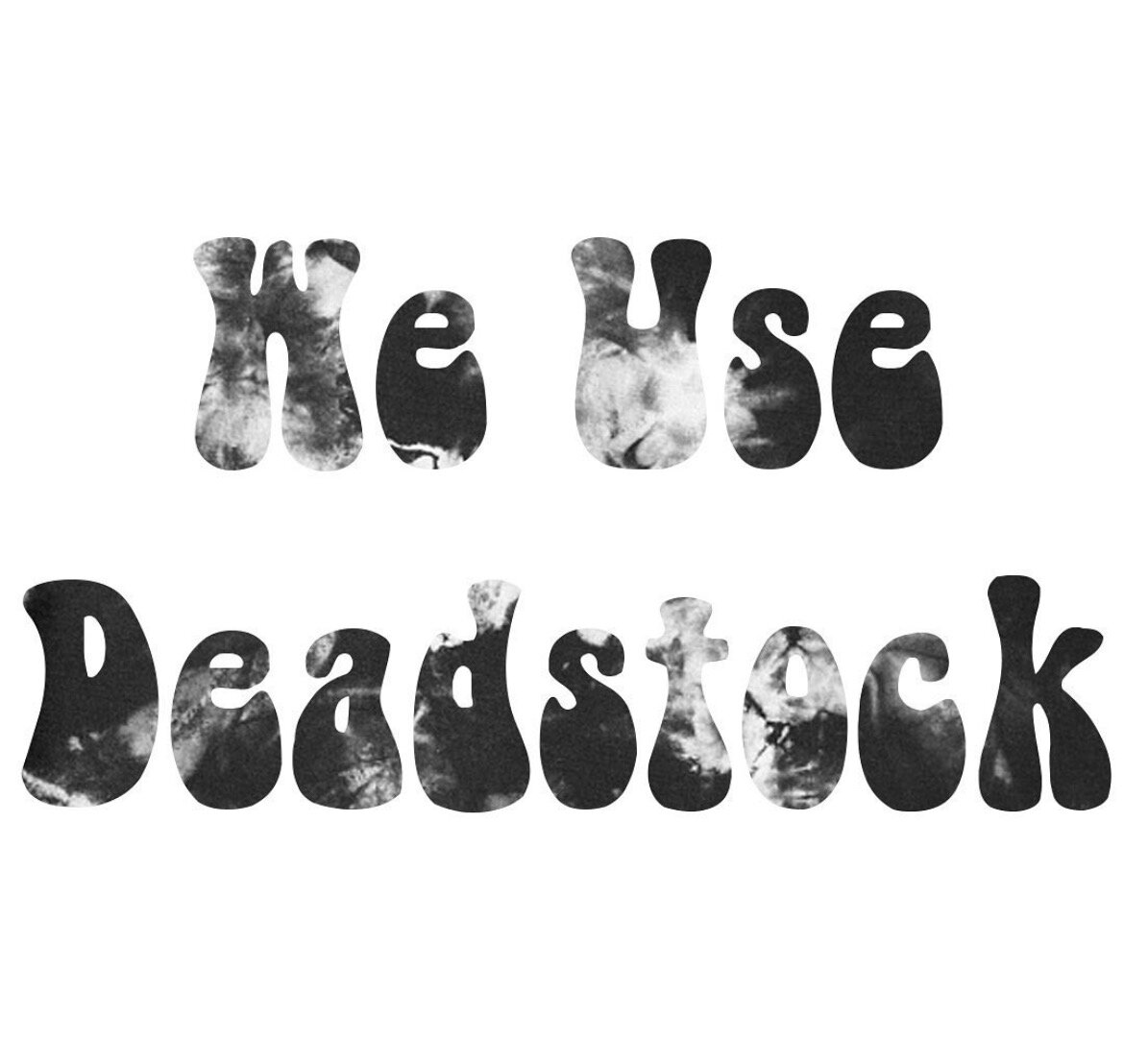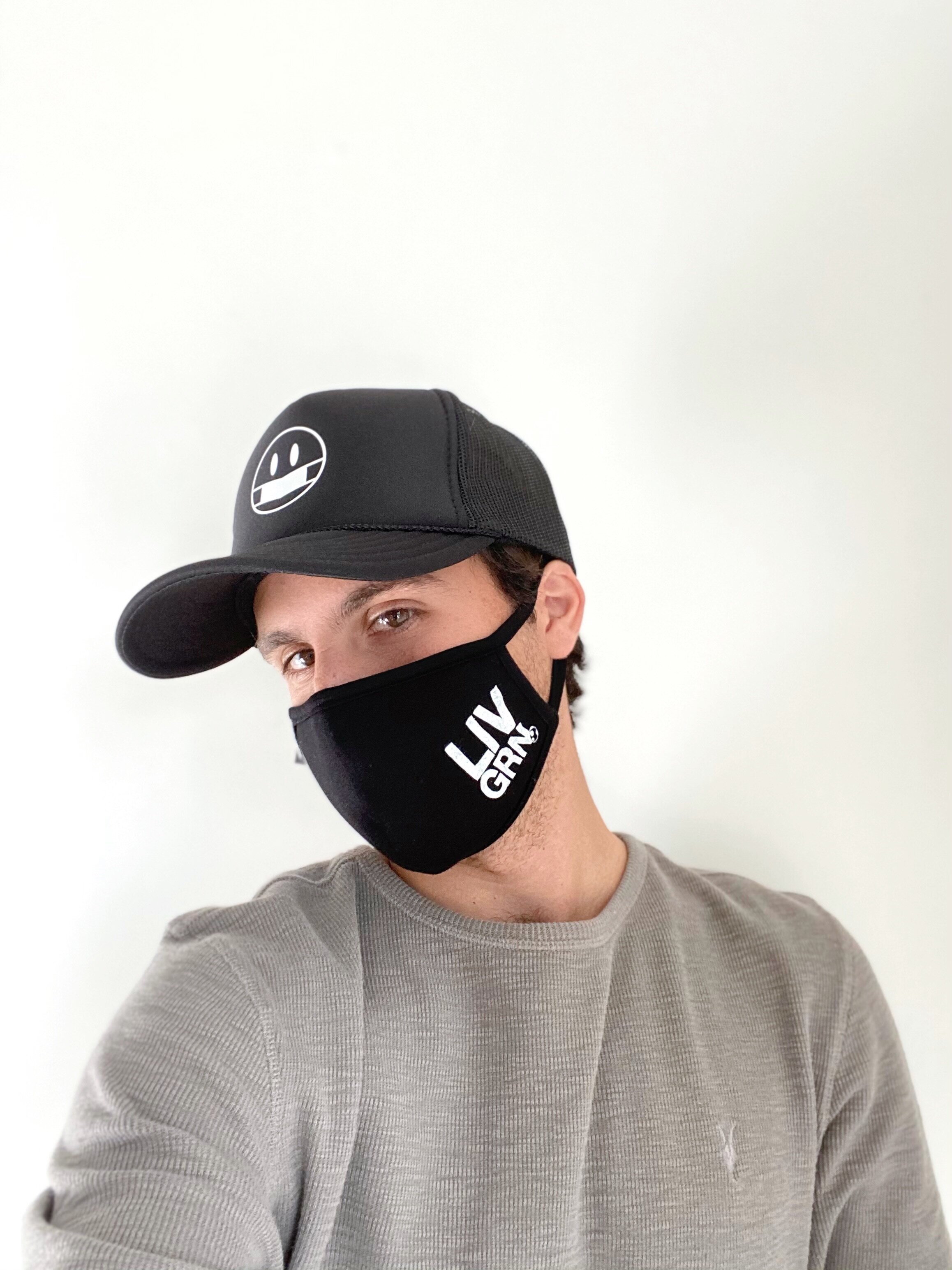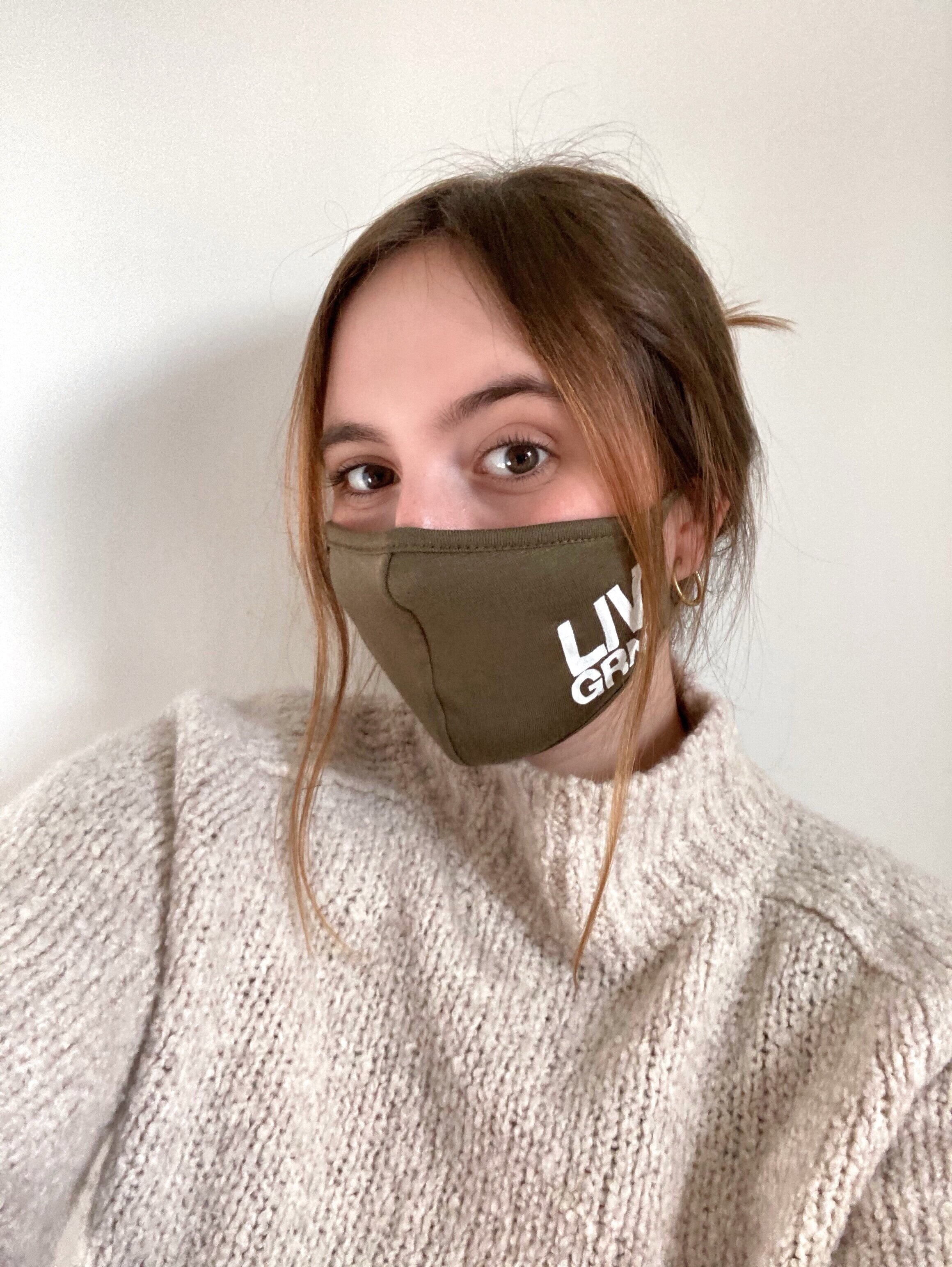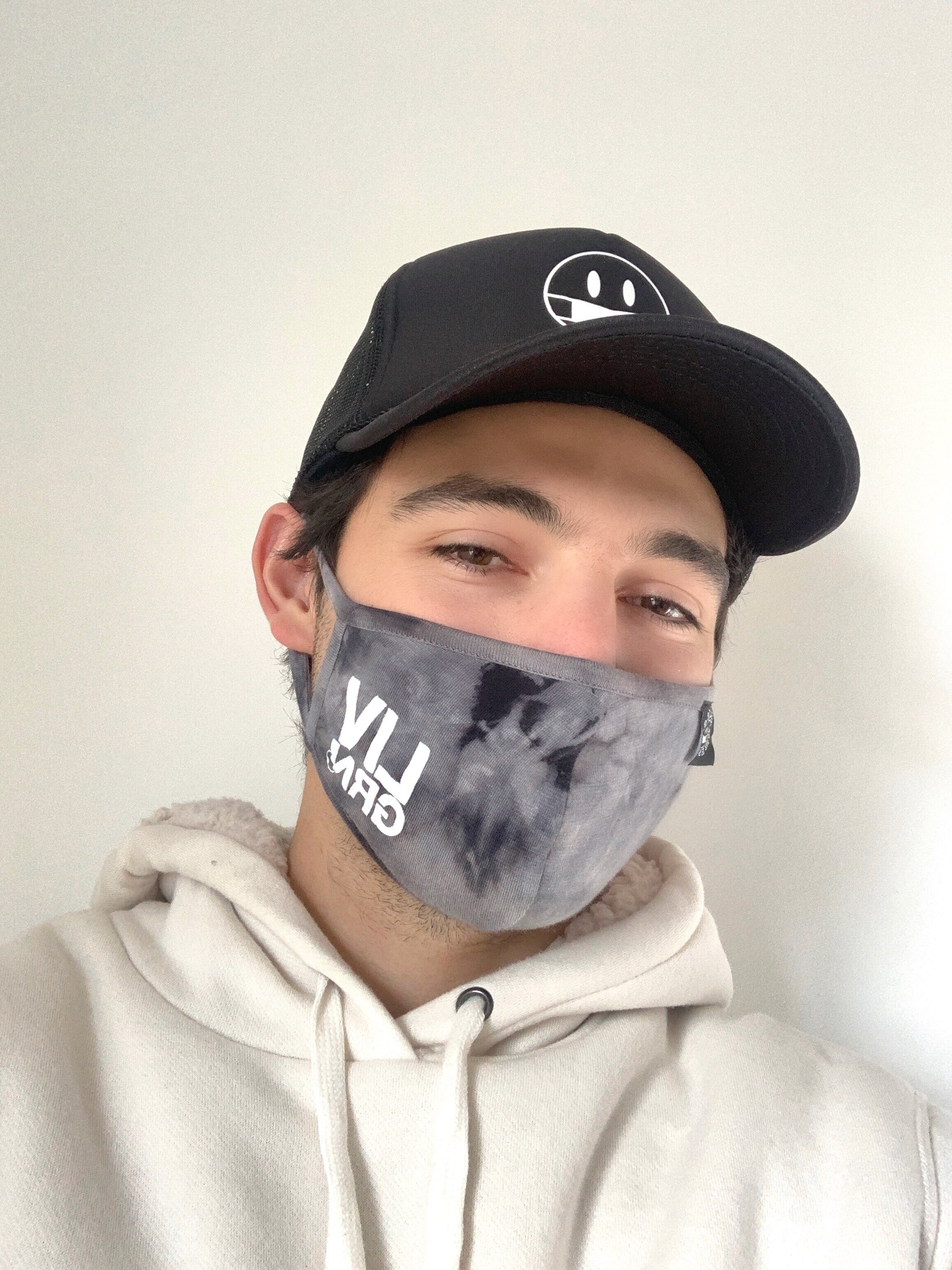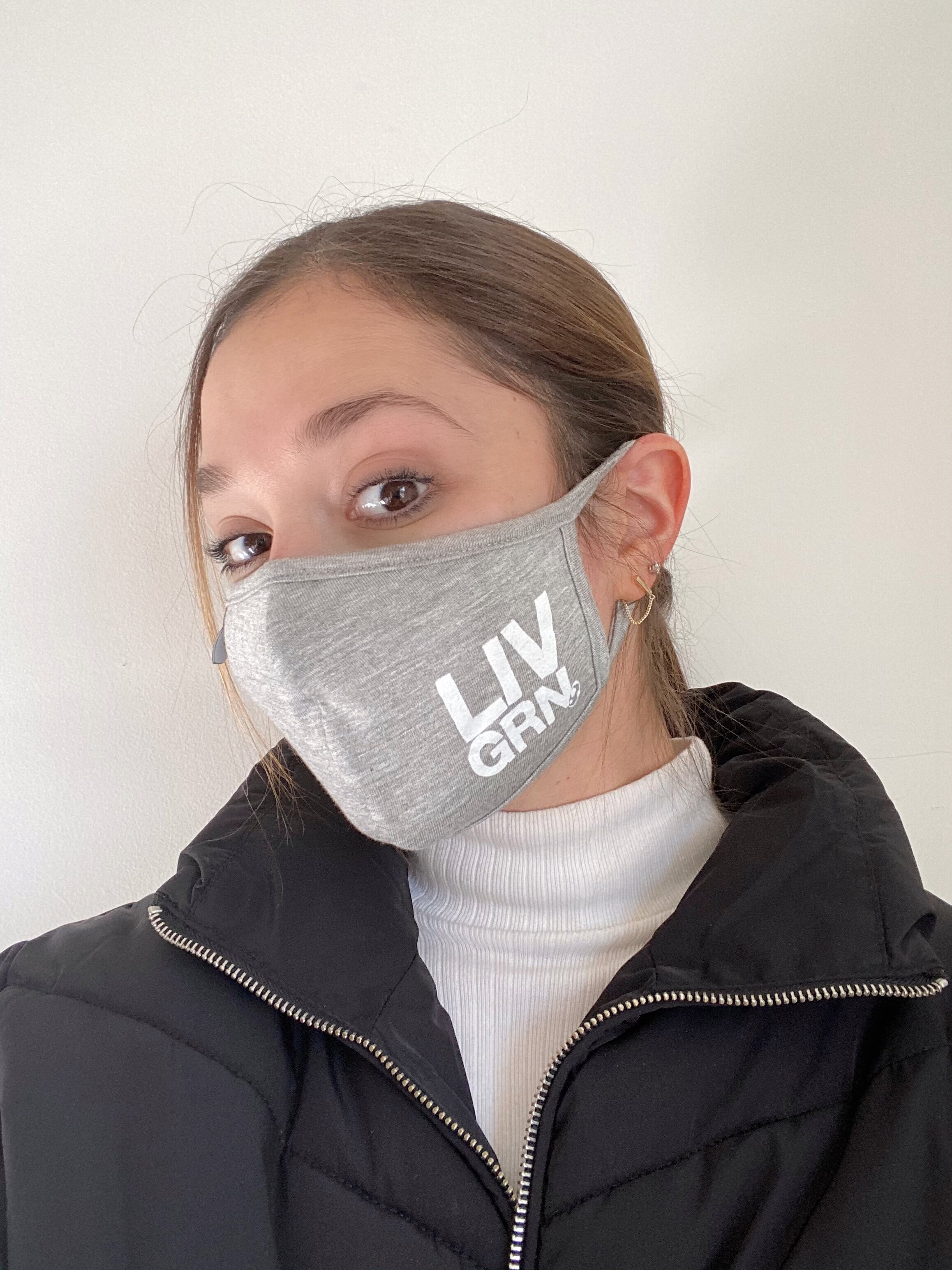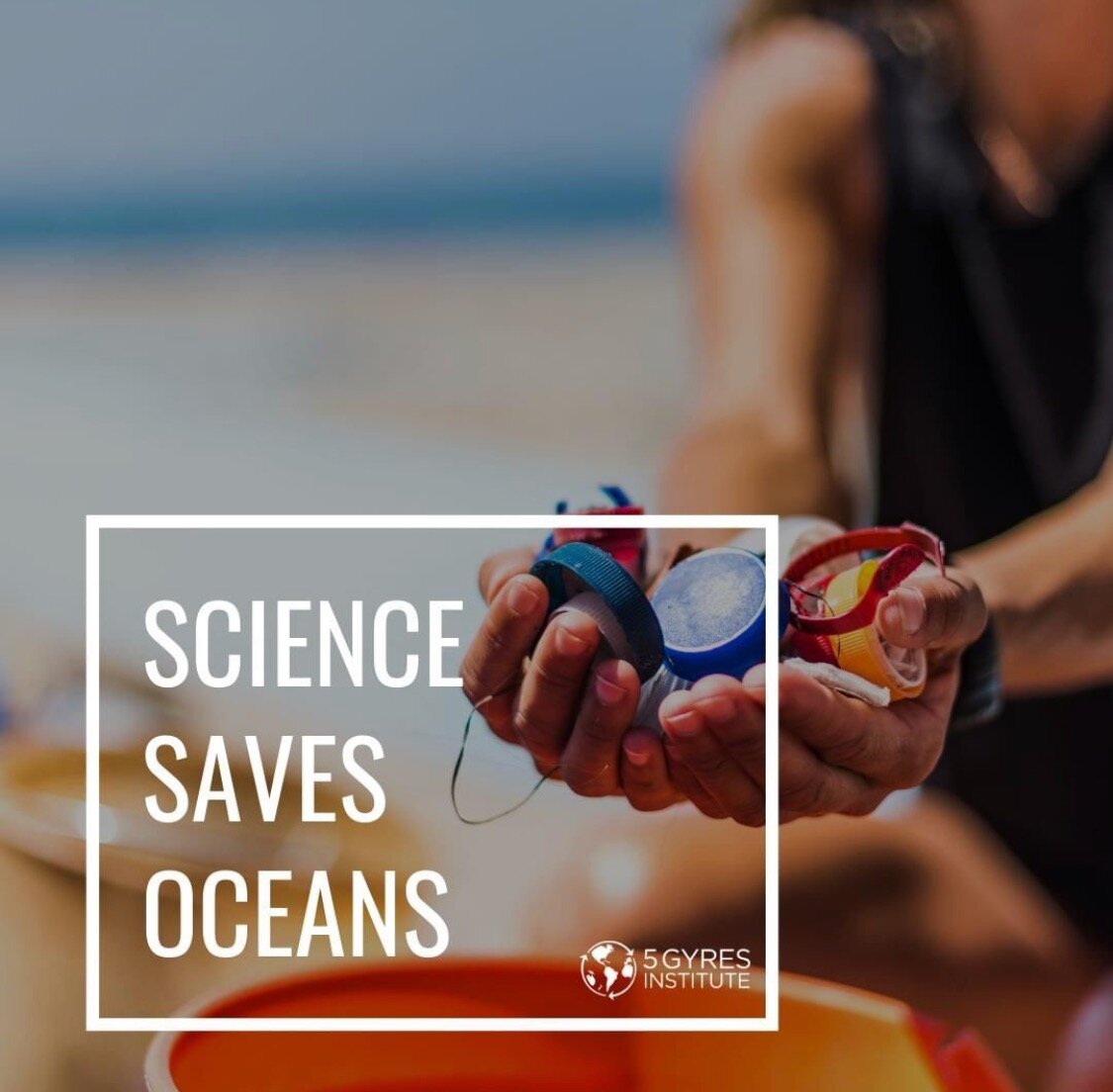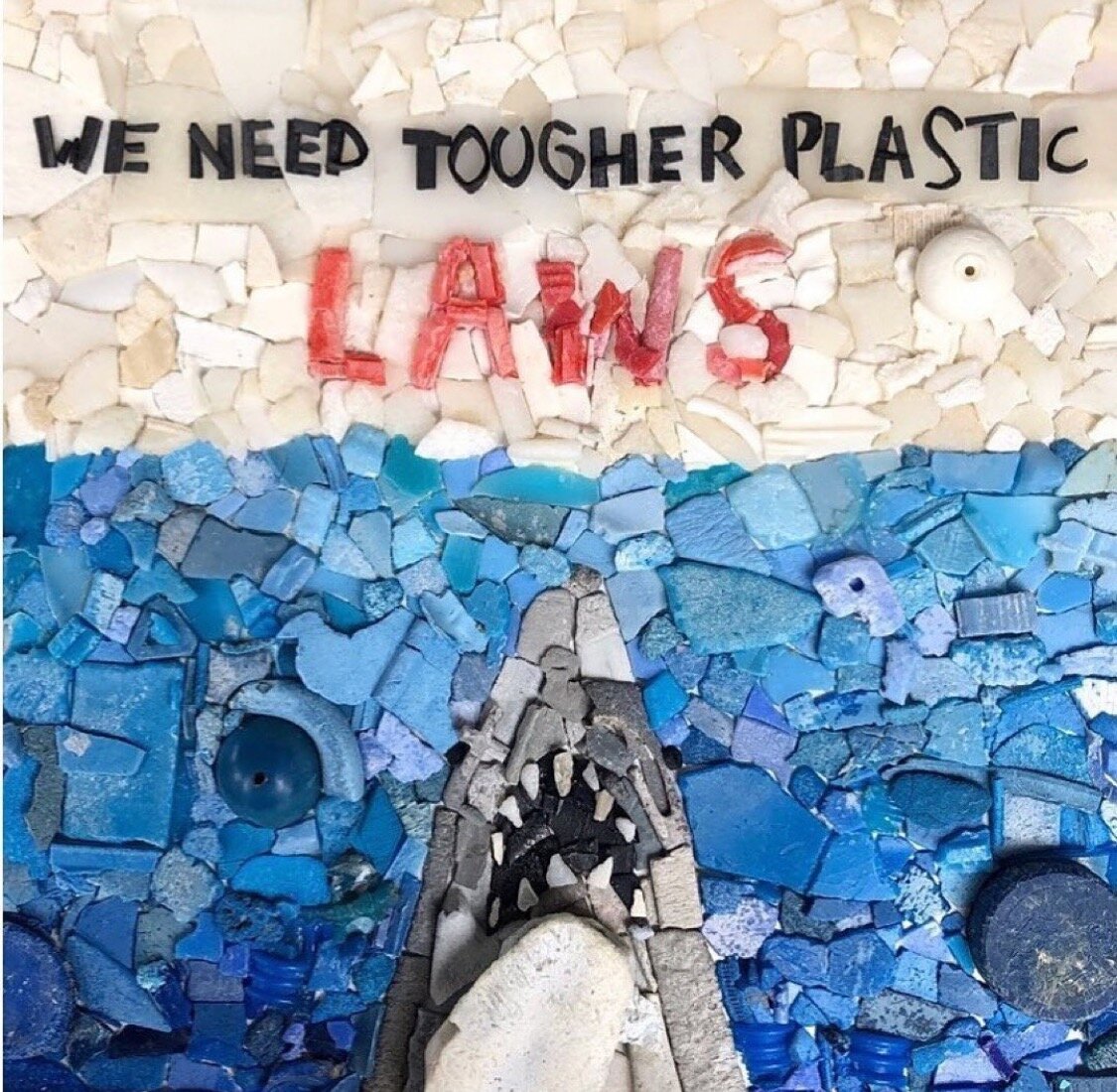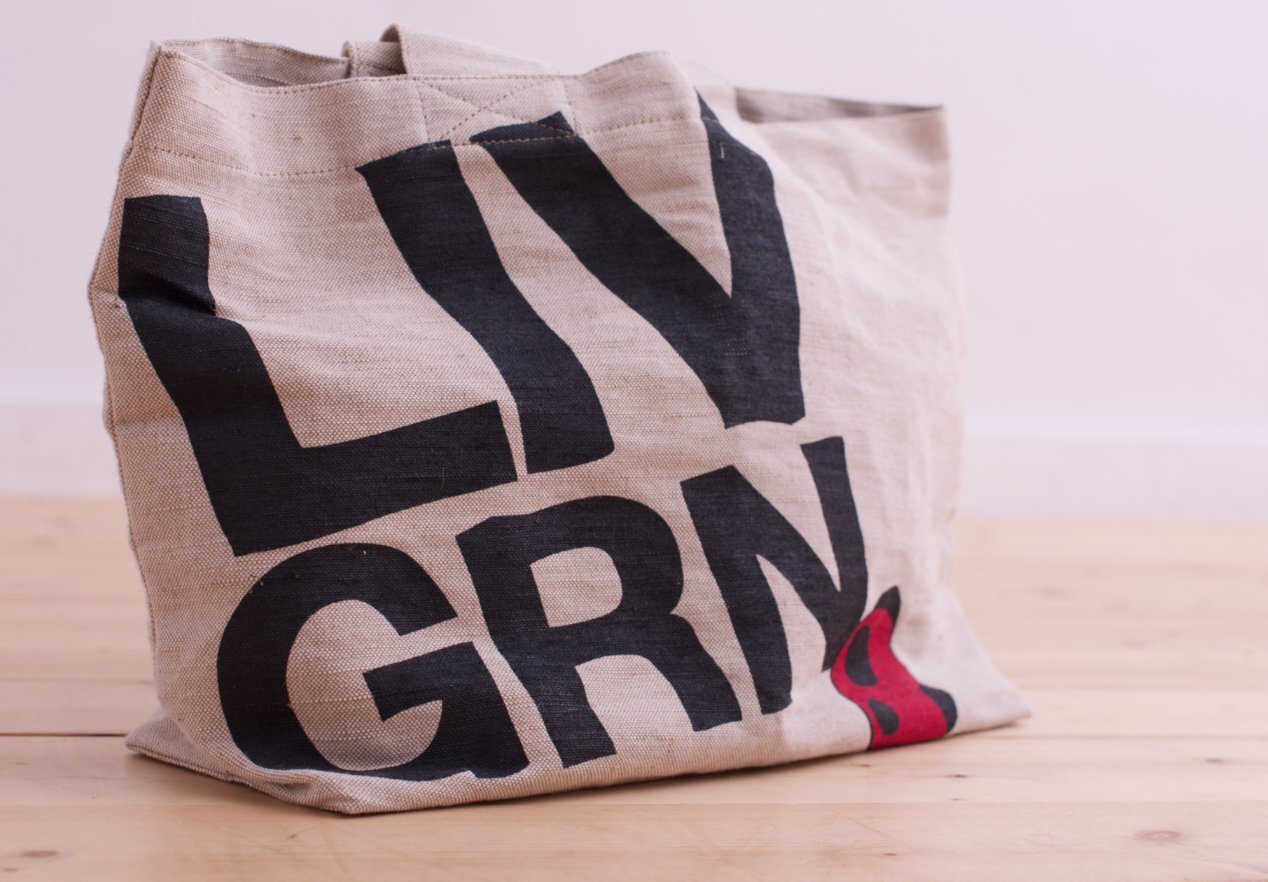The Dirty Dozen vs. The Clean Fifteen
We got a new one for you, Overheard LA . In the produce section of the TJ’s in Marina del Rey the other day, a hand grabs a bag of avocados with the organic label. Their friend says, “Nah, your avocados don’t need to be organic since you don’t eat the skin.” The organic bag gets put back. The cheaper bag gets purchased. But this got us thinking… is there any truth to the idea that some organic foods could be more important to purchase than others?
Sometimes, it seems like certain folks have an all-or-nothing mentality on the elements of eco-living. That feeling of: if I really want to be good, I should only buy organic. Or, I should go full vegan. Or, I should sell my car and only ever use public transportation. But we can “I should” ourselves into paralysis. The zero v. 100 approach can create false barriers to access when the truth is the little changes add up to make big differences.
So, what about the avocado? Or some spinach for that matter? Or even some succulent strawberries? Could “organic” mean more for some fruits and veggies over others? Wouldn’t it be nice if we had some sort of scale for this?
We do! Let us introduce you to the Dirty Dozen (no, not this one). It’s a list put out every year by the good people at the Environmental Working Group. Dirty Dozen ranks the top twelve worst offenders in pesticide presence in conventional produce. They also publish a Clean Fifteen to showcase the (yup, you guessed it) cleanest foods.
This year’s lists just dropped on St. Patty’s Day (maybe EWG wanted to prove they were green for the occasion, get it?). Turns out those ripe red strawberries are the dirtiest of the dirties. Spinach, Kale, Nectarines, and Apples are all in the top five. But guess what item tops the Clean Fifteen? Give the friend in Trader Joe’s a hand, because the avocado is truly the king of clean. But perhaps, like us, you’d be more surprised to hear broccoli, asparagus, and mushrooms all make the cut on that list, too.
Of course, pesticide level is only one reason to factor into your decision about what produce to get, and where to get it. Sustainable production, local sourcing, and seasonality all factor into the footprint of our food. And so does food waste. According to WWF, 11% of all global greenhouse gas emissions come from food that gets tossed.
We’re not here to preach which kind of peach you “should” pick up. But we can all use a little help making wiser choices, whether it’s at the supermarket or the farmer’s market. Thanks, EWG, for the guidance. You help us live clean. We help you LIV GRN.
A Glimpse into the Future of the Sea
No, this isn’t an image from a sci-fi movie on your favorite streaming service. This is a prototype design that could finally be the answer to our marine debris crisis. Like an enormous water lily rising from the ocean, this beautiful floating station is designed to collect and recycle the plastic waste that plagues our seas. It’s still just an idea, but the concept is genius.
It comes to us from a Slovak designer and architect, Lenka Petráková, who won the top prize in a prestigious French competition for the creation of “visionary biometric architectural projects” that imagine creative solutions to the environmental challenges facing our oceans & seas. We are so grateful to have innovators like Lenka out there leading the scientific frontier in this fight!
So this is how the station would work. First, the tentacle-like arms, called “The Barriers” collect plastic from the surface and harness tidal energy at the same time. “The Collector” in the center of the station does the actual work of separating and recycling. But the benefits of this building don’t stop there. Inside there are greenhouses with hydroponic plants and water desalination tanks, research labs and living quarters for scientists and students alike. All of this is capped off with enough solar panels on the exterior to make this (wo)man-made island completely self-sustainable as it moves with the waves and currents. Even if there was a raging storm outside, the wind would simply pass through the towers.
The architect must’ve been in a cheeky mood when she named her nature-inspired creation. Lenka calls this gorgeous structure “The 8th Continent,” which also happens to be the all-too-real nickname for the Great Pacific Garbage Patch – the 1.6 million km2 convergence of plastic trash polluting the Pacific Ocean. That’s bigger than Texas, California, New York, and Florida combined!
How incredible would it be to look out from our shores and see the petals of one of these stations rising from the horizon line instead of an oil rig? “The 8th Continent” reminds us our best tools against these eco-crises are science and innovative design… and, of course, humans who can combine the two, like Lenka Petráková.
Plastic Pollution Heros
Our Friends from Global Citizen highlighted some amazing sustainability heroes who are changing the game and making a huge difference by simply doing what they can.
Seeing these everyday people make a real impact reminds us all that anyone can make a difference by positively taking action when identifying something wrong in the world.
Here is a taste of the revolutionary changes these planeteers have made…
In Petaluma, California, a twelve year old student picked up over 2,200 pounds of trash out of the Petaluma River. What started as a small school assignment turned into a new found hobby. The student, DJ Woodbury, learned that he enjoyed cleaning the environment and continued going to the river weeks after the assignment was over.
James Wakibia, a man in Kenya, inspired the entire country to ban plastic bags with a six year effort. James began his activist journey after seeing bodies of water in his town of Nakuru and surrounding areas fill up with trash. He noticed most of the contaminants were plastic and took the responsibility of keeping government officials aware. His letters and visits eventually led the country to take action. How about that?!
Bet you didn’t realize that the biggest ocean clean up ever was started by one man’s vision. Afroz Shah was behind the removal of 11 million pounds of trash in two years in India’s Versova Beach. By educating locals and organizing a weekly beach clean up, Shah was able to recruit hundreds of volunteers to transform the beach. For the first time in twenty years, the shores of Versova once again became home to nesting turtles.
These are just some of the amazing stories that collectively inspire our world and make it a cleaner place. The issues around pollution can seem so monumental that we get stunned into doing nothing, but stories like these show that genuine efforts can make tangible change.
We must all be part of the solution.
Join the movement, SHOP LIV GRN.
We’re Upcycling with our friends at Reuse Masks Los Angeles
Wearing is Caring!
LIV GRN is proud to announce our collaboration with Reuse Masks Los Angeles, who are creating their products from deadstock fabric, which would otherwise be dumped into landfills.
The Reuse Team is an awesome group of entrepreneurs whose primary goal is to “protect you and your loved ones”, while also prioritizing comfort, quality, durability, and our environment.
At LIV GRN, we like to focus on making do with what’s already available and rerouting waste is our inspiration. We will continue to create consciously and consume mindfully as a guiding thought for all of our designs.
If you have not yet heard, deadstock refers to unsold and unused materials, that are complacent in the industry for very long periods of time. Deadstock may be detrimental to any business because it takes up valuable space, represents a loss on investment, and most tragically, it ends up in landfills polluting our environment.
Green America, an environmentally conscious non-profit whose mission is to assist in creating a socially just and environmentally sustainable society reported that, 20% of industrial pollution comes from the textile manufacturing process and over 8,000 chemicals are used to turn raw materials into clothing.
We’ve determined that using deadstock is probably one of the most sustainable options out there at this moment when choosing fabrics. Our main reasons are that deadstock is readily available, no extra water is needed to produce it, and the toxic process of creating does not continue. This way we ensure these fabrics do not end up in landfills and, in turn, our oceans.
Real talk, these LIV GRN masks are rad!
Sustainably conscious, upcycled, and thoughtfully repurposed; contributing to a cleaner future for all. Plus, they are so soft on the skin!
We are launching our collection with some groovy, versatile, and easy to wear colors such as Black Sea, Onshore Olive, Chill Grey, Wipeout (dark tie dye), and Barrel Blue (blue tie dye). All of which are designed and manufactured in LA by a like-minded company who cares about our planet just as much as we do. As always, 10% of profits are donated to help our environment.
Be safe, spread the mission, and choose to wear a super sweet LIV GRN mask!
#maskup
Australia Paving the Way
South Australia Bans Single Use Plastic.
The Aussies have been on the forefront of a movement and they have it right. They are truly ahead of the curve.
While many countries, states, and cities are aiming to eliminate plastic bags from use, South Australia is focusing their efforts on banning all major single use plastic items. This Australian law is historic and will greatly impact the health of wildlife and oceans.
Justin Trudeau, Canada’s Prime Minister, is gearing up to pass a similar law in 2021.
The world needs to pay attention to this momentum.
Our friends from GreenMatters stated that, “the South Australia State Parliament passed legislation banning the sale, supply, and distribution of single-use plastic products including forks, knives, spoons, straws, and coffee stirrers. Even though the ban was signed into law, it’s not expected to go into effect until 2021, with the coronavirus pandemic accounting for the delay.”
This is huge. It is simple, yet it is bold.
It’s the future.
Ocean Warriors
5 GYRES - One of our favorite warriors.
5 GYRES - One of our favorite warriors.
This organization, founded by Ana Cummings and Marcus Eriksen, who, since 2009 when we first met them, have built a team of ocean warriors! The 5 Gyres Institute has taken on 19 research expeditions in all 5 subtropical gyres (hence the name) as well as many of the world’s lakes and rivers in search of plastic.
This amazing couple’s story is highlighted on their site:
“As we sailed from Hawaii to Los Angeles, we collected samples of broken down plastics tragically mixed with marine life. But at night, we saw something even more alarming. Small fish that surfaced nocturnally to feed were mistaking contaminated plastic waste for food. As these fish were consumed by larger predators, the toxins were working their way up the food chain and onto our plates.
We vowed to dedicate our lives to solving the problem, and to each other. After Marcus fashioned a ring from discarded fishing line that he pulled from the ocean, we got engaged amongst a smog of plastic. Soon after, Marcus sailed on a three-month voyage aboard JUNK RAFT, a makeshift boat kept afloat by 15,000 recycled plastic water bottles, raising awareness about plastic pollution and inspiring the launch of The 5 Gyres Institute.”
Since then, their history of research and success is astounding.
Check this out…
Just one small company making a huge difference.
LIV GRN Returns
“We must all be part of the solution.” That was our slogan in 2009 when we started. We built a company based on sustainability. We have never wavered from that mantra.
“We must all be part of the solution.”
That was our slogan in 2009 when we started. We built a company based on sustainability. We have never wavered from that mantra. In a time when the world needs positive action more than ever, LIV GRN is back to take a stand for you and our world. In addition to creating sustainable apparel, we are committed to dedicating 10% of all profits to organizations supporting our environment. We realize that being niche based is the best way to get a message across; a call to action with every purchase.
For us at LIV GRN, we are focused on our oceans, what is transpiring, and what we can do about it. Specifically, getting plastic out of the sea. This is a monumental task, with our friends at Oceana, 5 GYRES, and Coastal Care leading the way. So many tireless heroes and pioneers that will never give up the fight.
We can do something simple to really have an impact; stop using single-use plastic bottles.
A wave of single-use plastic bans is sweeping the country and the globe, most often on plastic bags, straws, stirrers, and takeout clam shells. Not only does banning single-use plastic reduce pollution, but it also reduces demand for plastic production that's contributing to global climate change. You can learn more about how to beat plastic pollution at UNenviornment.
We need to be part of this movement.
We must act now. Please, do not buy single-use plastic water bottles. It is that simple. There are so many stylish, chic, reusable bottle alternatives on the market. Two of our favorites are, Corkciscle and S’well. So much smarter and such an easy way to spread the movement.
It starts with education.
We are working with specialists to change policy at schools, public and private, to get plastic bottles out of our children’s hands.
It starts with you. We are at a tipping point of so many climate catastrophes. We can all do our part to fix this one.
We must all be part of the solution.
Join the movement, SHOP LIV GRN.
